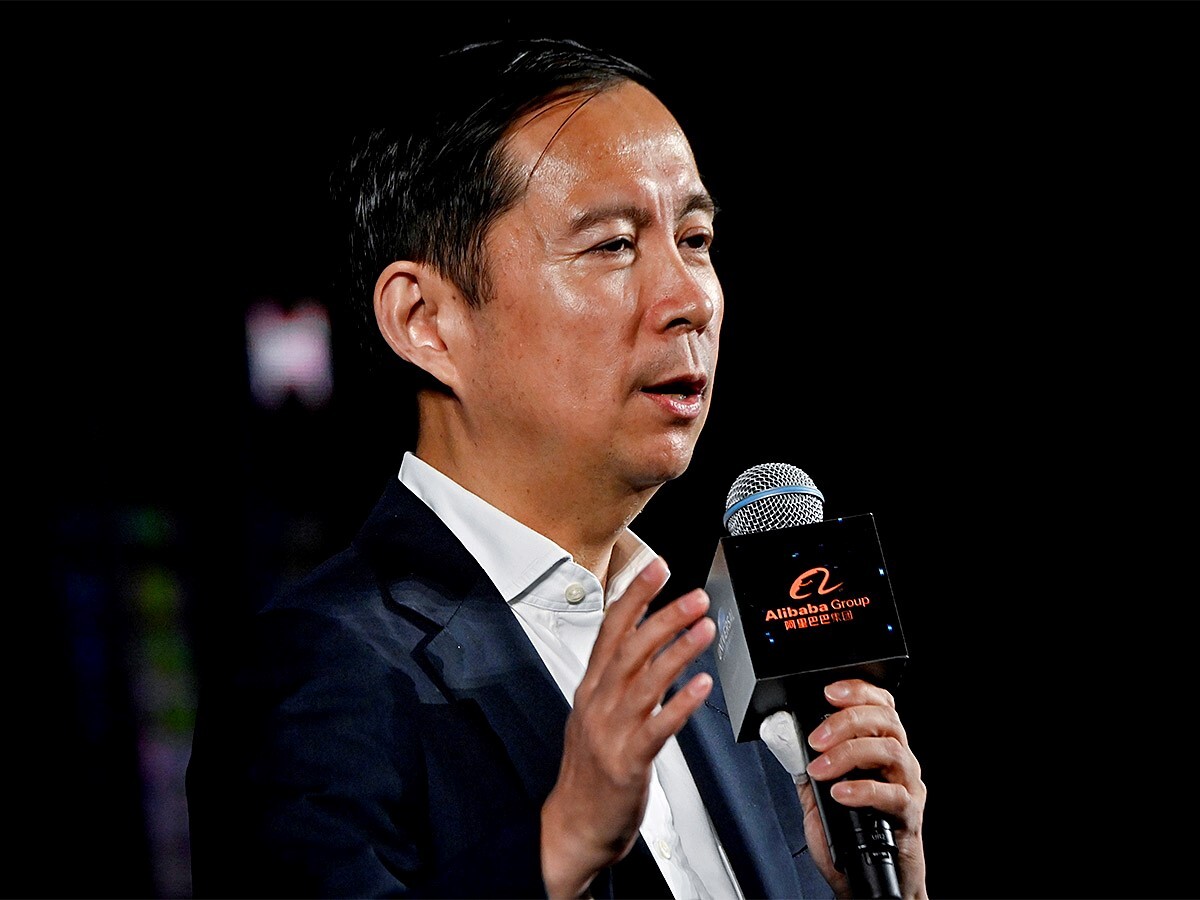A major restructuring at Alibaba comes as Beijing regulators appear to be softening their scrutiny of the country’s top tech players. China has been keen to kickstart its post-zero-Covid economy, and has recognised that domestic commerce will be key to achieving a 5% growth target this year.
- Alibaba’s break-up plans add $32bn to its market cap in a single day.
- The separation addresses regulators’ concerns about the tech behemoth’s monopoly power.
- The KraneShares CSI China Internet ETF has the stock as its second-biggest holding and is up 7% in the past month.
China’s internet and ecommerce behemoth Alibaba [BABA] surprised the markets last week, when the company announced it will be breaking up its empire in the largest restructuring in its operational history.
The six separate units will be focused on China commerce, international commerce, local consumer services, Cainiao Logistics, cloud and digital media, and entertainment.
The organisational shake-up will help the company’s individual businesses to become more agile, as well as “enhance decision-making, enable faster responses to market changes, and promote innovation to capture opportunities in their respective markets and industries”, said Alibaba in a statement.
Reaction to the restructuring has been overwhelmingly positive, with investors adding $32bn to Alibaba’s market cap last Tuesday.
ADR shares are up 18.6% in the past week, while Hong Kong shares [9988.HK] have risen 17%. They’ve gained 16% and 14.3% year-to-date, respectively.
Domestic commerce is Alibaba’s crown jewel
The Alibaba separation took effect on Saturday, the start of the company’s new fiscal year. Each unit will be able to raise external capital and pursue an IPO, except the China commerce business Taobao Tmall Business Group, which will remain wholly owned by Alibaba.
This decision to retain control of Taobao and Tmall makes sense for now. In the three months to the end of December, the China commerce category accounted for an overwhelming 71% of Alibaba’s total revenue. Cloud and international commerce were the next biggest contributors, with respective shares of 8% and 7%. China commerce was also the company’s only profitable segment.
The break-up has raised questions of whether an IPO for its financial services subsidiary Ant Group may finally be back on the table. Dickie Wong, executive director at Kingston Securities, certainly believes it is, telling CNBC that “there’s big hope” for a listing, which “is probably the biggest goal for Alibaba”.
Earlier this year, Ant received approval to expand its consumer finance business, a signal that the company is close to resolving Chinese regulator concerns that led to listing plans being abruptly suspended back in late 2020. Alibaba didn't mention Ant in its statement last week.
Further break-ups could be on the cards
There are questions about what the break-up will mean for other China tech giants.
Evercore ISI analysts Neo Wang and Gin Wang aren’t expecting “any imminent similar move” from Alibaba’s domestic peers, but the separation “addresses the concern over the abuse of monopolistic power by internet behemoths”, they wrote in a note seen by Bloomberg.
Outside of China, some analysts and researchers are asking whether Alibaba’s separation will heighten calls for US big tech giants to split up as well. Jim Osman, founder of research consultancy The Edge Group, certainly believes so.
Expanding on his position, Osman told Bloomberg: “This has changed the environment for looking at these big tech names that have been under pressure to do this.” If Amazon [AMZN] were to split up its cloud and subscription services units, for example, the company could increase its value to 70% over its current share price.
Funds in focus: the KraneShares CSI China Internet ETF
The China tech theme has the wind in its sails right now. After a difficult couple of years, Beijing regulators appear to be relaxing their scrutiny of the country’s tech giants, recognising that the sector could play a key role in helping the economy achieve its 5% growth target this year. As a result, money has been pouring back into China tech-focused funds.
Alibaba is the second-largest holding in the KraneShares CSI China Internet ETF [KWEB], with a weighting of 9.30% as of 31 March. The fund is up 6.9% in the past month and 3.3% year-to-date.
The iShares MSCI China Multisector ETF [TCHI], in which Alibaba is the fifth-largest holding at 4.00% of the portfolio, is up 4.3% in the past month and 5.9% year-to-date.
Alibaba is the top holding in the Invesco Golden Dragon China ETF [PGJ], with a weighting of 8.98%. The fund is up 3.4% in the past month and 8.7% year-to-date.
Disclaimer Past performance is not a reliable indicator of future results.
CMC Markets is an execution-only service provider. The material (whether or not it states any opinions) is for general information purposes only, and does not take into account your personal circumstances or objectives. Nothing in this material is (or should be considered to be) financial, investment or other advice on which reliance should be placed. No opinion given in the material constitutes a recommendation by CMC Markets or the author that any particular investment, security, transaction or investment strategy is suitable for any specific person.
The material has not been prepared in accordance with legal requirements designed to promote the independence of investment research. Although we are not specifically prevented from dealing before providing this material, we do not seek to take advantage of the material prior to its dissemination.
CMC Markets does not endorse or offer opinion on the trading strategies used by the author. Their trading strategies do not guarantee any return and CMC Markets shall not be held responsible for any loss that you may incur, either directly or indirectly, arising from any investment based on any information contained herein.
*Tax treatment depends on individual circumstances and can change or may differ in a jurisdiction other than the UK.
Continue reading for FREE
- Includes free newsletter updates, unsubscribe anytime. Privacy policy





